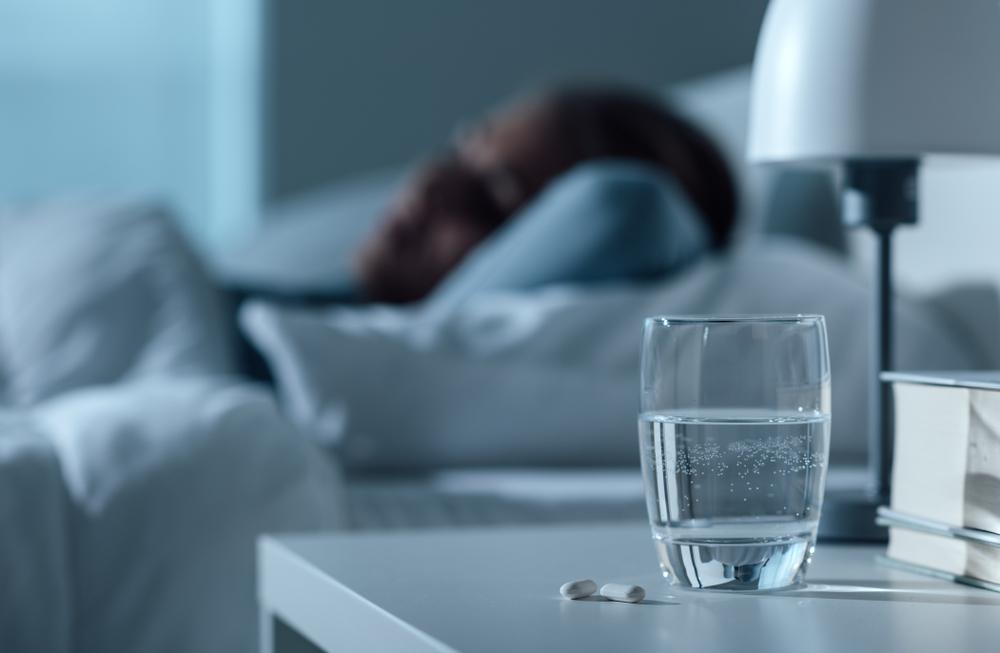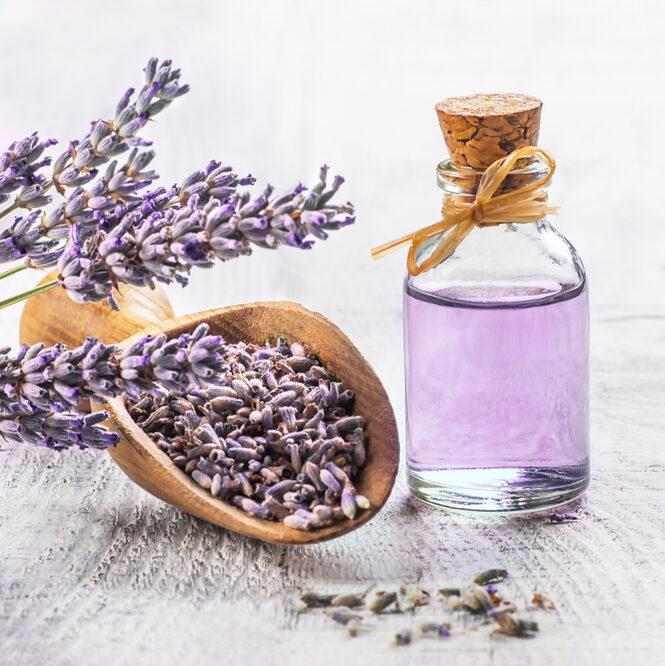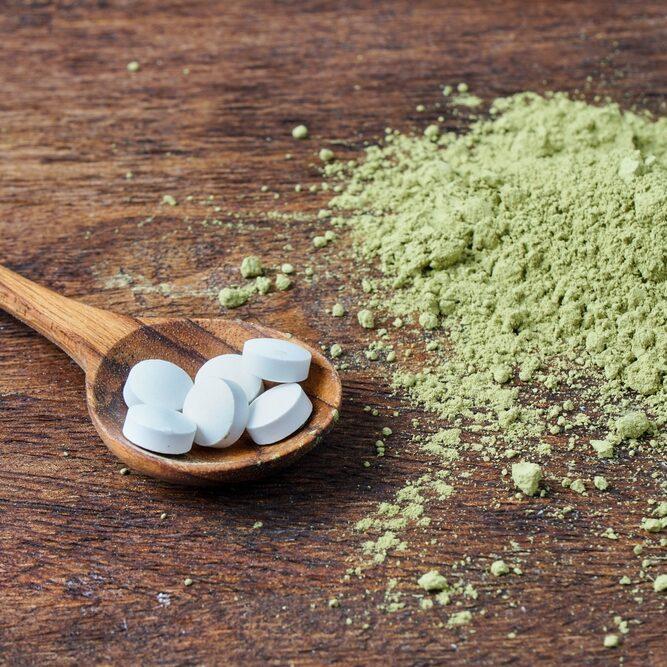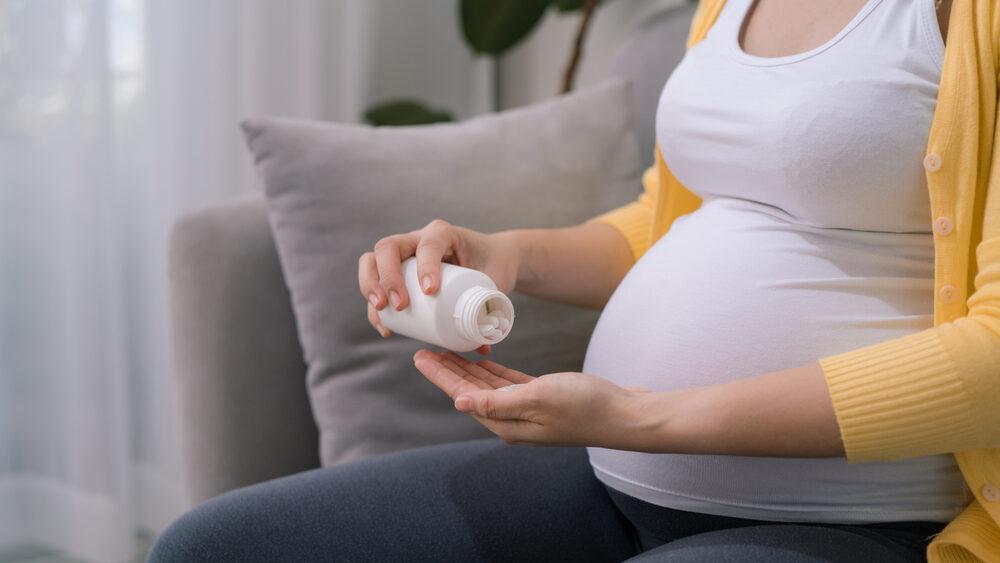Getting good sleep is important for your overall mental, emotional, and physical health. A sufficient amount of sleep has been proven to contribute to better focus and brain activity. Whereas insufficient sleep has been said to contribute to the decline in cardiovascular health and is one of the main factors of obesity.
The primary keys to achieving that much-needed slumber are good sleep practices and healthy habits. However, these alone are not enough for some people. If you find yourself relating to the last sentence, we hope to shed some light on an alternative that may help you achieve a good night’s sleep.
On that note, we’ve gotten in touch with Dr. Shamin Mohd Saffian, Senior Lecturer, Faculty of Pharmacy Universiti Kebangsaan Malaysia, and Locum Pharmacist at My Antidote Pharmacy, Kota Damansara to share his expert insights.

How do supplements help with good sleep? Could you please explain the link?
Dr. Shamin Mohd Saffian: Several supplements have been shown to improve sleep quality and the time it takes to fall asleep. This means that you fall asleep faster and stay asleep for longer when you take these supplements. As a result, you will feel rejuvenated and well-rested.

What are the types of supplements that can help with good sleep?
Dr. Shamin Mohd Saffian: There are several supplements that have been shown to be helpful for some individuals. Here is a list, not in any particular order:
Vitamin D

There is very good evidence to support the role of vitamin D in sleep disorders. Vitamin D deficiency is associated with insomnia and vitamin D supplementation has been shown to improve the Sleep Quality Index. In addition, our research group has recently reported that more than half of Malaysians have insufficient vitamin D. Hence, I always recommend vitamin D supplementation to everyone who does not get adequate sun exposure (which is most of us).
Magnesium (Mg)

Magnesium (MG) has over 300 biological functions in the body. Magnesium is known to improve muscle cramping and muscle tension. It basically helps the muscles relax and hence will improve sleep quality.
However, please be aware that Magnesium comes in several salt forms, some of which can cause diarrhea. Do seek a pharmacist’s advice for the best option available.
Lavender

Its essential oil can be diffused into the air, pillow sprays, lavender tea, and any other lavender product. Ensure that the product is made from high-quality lavender and not just its essence. Lavender has calming effects.
Valerian root, chamomile, Saffron

These are supplements that have been used for a long time to improve sleep. Studies have shown mixed results and it can be difficult to conclude because the products may have different doses and are sold as combined products.
L-theanine

L-theanine is an amino acid that is naturally found in green tea and some mushrooms. It is found in several sleep supplements. Some studies have shown benefits to anxiety and promote relaxation.
St John’s Worts

St John’s Worts has a positive impact on various psychological symptoms linked to depression, such as sleep disturbances, anxiety, insomnia, and others. St John’s Worts is known to interact with several medications so you must consult your pharmacist or other healthcare professionals if you are taking other medication and considering taking St John’s Worts.
Tart cherry juice and melatonin

Melatonin is not available over the counter in Malaysia. Tart cherry juice naturally contains melatonin and is helpful for sleep and gout.
Currently, there are a lot of supplements on the market that have melatonin in them, with claims that they help with sleep. Does taking melatonin supplements help achieve good sleep?
Dr. Shamin Mohd Saffian: Yes, there are many supplements that exist that claim to help with good sleep. However, the majority of them contain the ingredients that have been shown to be effective individually, but when formulated as a supplement, the dose may not be effective. There is also a significant placebo effect when it comes to sleep. Ideally, the product should be tested in proper double-blinded clinical trials. However, this is rarely the case because they are sold as supplements and not therapeutic medications.
Can melatonin supplements help with insomnia?
Dr. Shamin Mohd Saffian: The short answer is yes. However, I am unaware of any products that are registered with the Ministry of Health Malaysia. Melatonin is a scheduled Poison C (only to be sold by a licensed pharmacist) under the Poisons Act.
Melatonin supplements can be particularly helpful for people with delayed sleep phase syndrome, a condition in which a person’s sleep-wake cycle is delayed by several hours. Think of melatonin as the timekeeper that calibrates the time you fall asleep and stay asleep. Taking melatonin supplements in the evening can help shift the sleep-wake cycle earlier, making it easier to fall asleep and wake up earlier. Studies have shown they are useful for jet lag.
It is important to note that in countries such as the United States of America (US), they are not regulated and hence the quality of the supplement can be dubious. A study by Erland and Saxena, published in the Journal of Clinical Medicine in 2017, found high variability, ranging from −83% up to +478% of the labelled concentration of melatonin content from 31 melatonin supplements sold in the US. Hence, you may not be getting what is on the label if you purchase melatonin from the US.
Apart from supplements, are there other lifestyle changes that people can make for good sleep?
Dr. Shamin Mohd Saffian: Yes, this is called good sleep hygiene. Sleep hygiene is a set of behaviours and habits that are necessary for good quality sleep. There is a long list of things that you can do to improve your sleep behaviour. Readers can easily find information on sleep hygiene online. But in short, it involves a consistent sleep schedule, a comfortable sleeping environment, and being relaxed and ready to sleep near bedtime.
Besides supplements, are there any effective natural sleep aids or alternatives? If so, could you please provide some examples?
Dr. Shamin Mohd Saffian: Yes, as mentioned, sleep hygiene. This is highly important to condition the body to sleep. It is difficult for any supplement to work while practising bad sleep hygiene. Other alternatives include aromatherapy (several essential oils are useful) and exercise earlier during the day ideally combined with adequate sun exposure and not close to bedtime.
What are some important elements people should be aware of before taking supplements for sleep?
Dr. Shamin Mohd Saffian: Generally, sleep supplements are not cheap. The quality of the supplement is also another issue. They may contain the correct active ingredient, but the wrong dose or formulation. It is important that the dose, timing, and how to take it are correct to ensure that the expected results are achieved. I would strongly suggest discussing your needs with your pharmacist so that tailored advice can be made. More importantly, do not be anxious if you have trouble sleeping, it will only make it worse.
Are there any high-risk groups of people that should be extra cautious when it comes to consuming sleep supplements?
Dr. Shamin Mohd Saffian: Yes, there are some high-risk groups of people who should be extra cautious when it comes to consuming sleep supplements and hence healthcare professionals’ advice is highly recommended. These include:
Pregnant or breastfeeding women

The safety of many sleep supplements has not been established in pregnant or breastfeeding women, so it is recommended to avoid these supplements.
Children and adolescents
Many sleep supplements have not been studied in children and adolescents, and some may have harmful effects on developing bodies.
Older adults

Older adults may be more sensitive to the effects of sleep supplements, and some supplements such as St John’s Worts may interact with medications commonly used by older adults.
People with certain medical conditions
People with medical conditions such as liver or kidney disease, diabetes, or heart disease may be at higher risk for adverse effects from sleep supplements.
People taking medications
Some sleep supplements may interact with medications, including prescription medications.
Can people experience potential side effects from consuming supplements for sleep?
Dr. Shamin Mohd Saffian: Generally, sleep supplements are well tolerated. But as with all drugs, the dose makes the poison. Melatonin may cause daytime drowsiness that may impact the person’s ability to function during the day. Some supplements may cause stomach upsets or diarrhoea. Also, practice caution in patients with kidney or liver failure as many drugs and supplements are cleared by the liver and kidneys.














